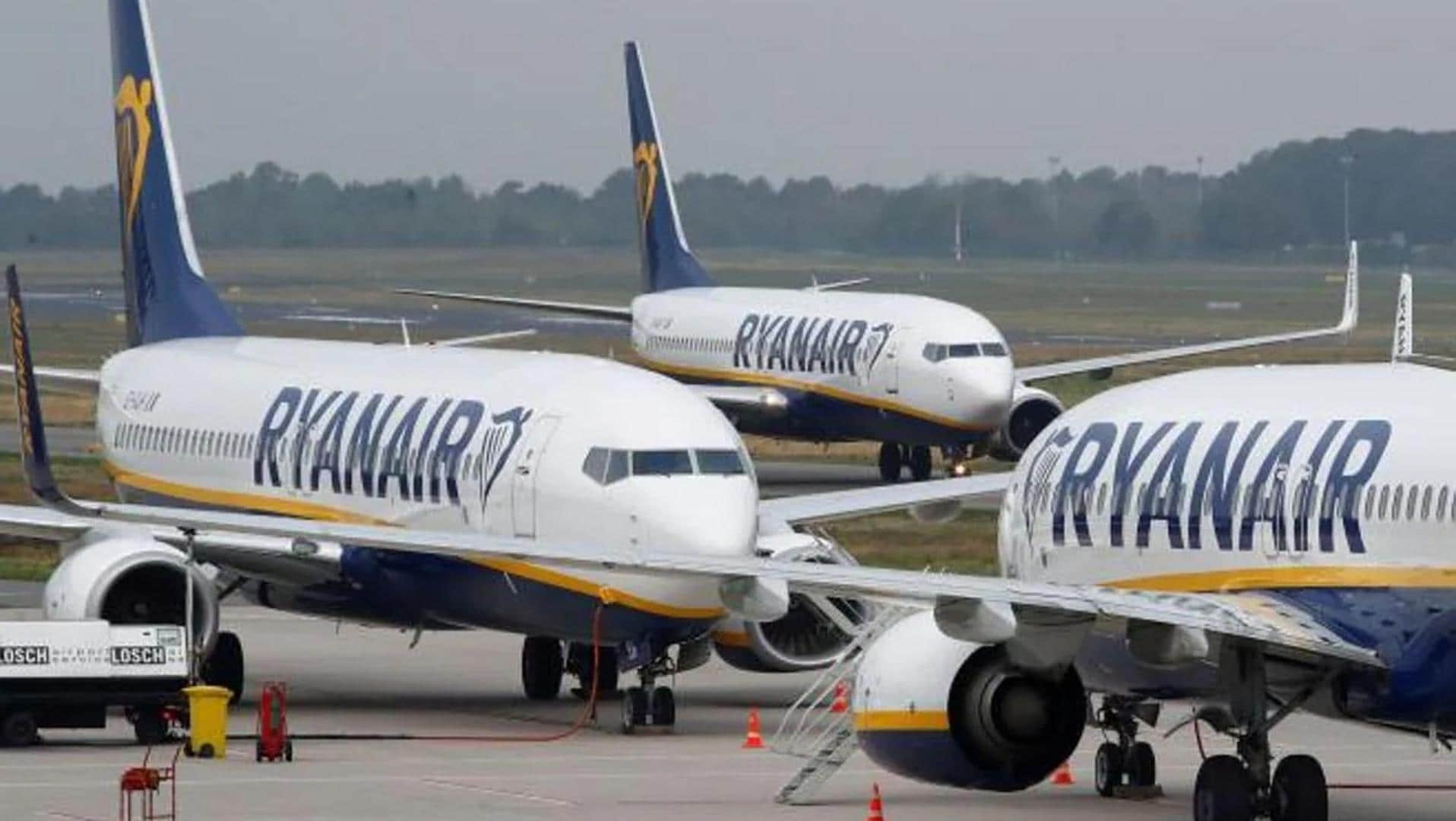The Spanish ministry of social rights and consumer affairs has upheld the fine against five ‘low cost’ airlines operating in Spain for charging their passengers extra for hand luggage or boarding pass printing. The procedure started in 2023, and in late May, the General Secretariat for Consumer Affairs imposed a fine of €150 million. Subsequently, the airlines appealed, but Minister Pablo Bustinduy dismissed their objections and confirmed the fines, which now total 179 million euros, according to ministry sources.
The airlines sanctioned are Ryanair, Vueling, Norgewian, Volotea and EasyJet. All five have been investigated for enforcing abusive practices, such as charging their clients for taking hand luggage on board, which is considered a “passenger’s right,” and – in Ryanair’s case, specifically – for printing the passengers’ boarding passes. Ryanair will bear the largest share of the penalty, with its fine amounting to €107.78 million, representing 60% of the total.
Vueling is served a penalty of 39.26 million euros; Easyjet – 29.1 million; Norgewian – 1.6 million; and Volotea – 1.2 million euros, as confirmed by the ministry.
This brings to an end a 2023 investigation by the General Directorate for Consumer Affairs into practices deemed a “very serious” infringement of consumer law, as outlined in Article 47 of Spain’s revised General Law on Consumer Protection.
The airlines concerned have announced that they will appeal this decision. According to the calculations of the Association of Airlines (ALA), which calls the measure “nonsense”, last year around 50 million passengers travelled without a cabin suitcase, bringing only a small bag that fits under the seat. In response to the accusations, ALA warns that the new measure will result in passengers having to pay “more” for their tickets. The Spanish aviation industry agrees that fares “will go up” if airlines can no longer offer the basic ticket option, which covers only the trip, without the “extras”.
Does this mean an end to additional fees for passengers?
Not necessarily, at least not for now. Although the minister has rejected the initial appeal, the airlines have confirmed that their next step is to appeal to the National High Court (Audiencia Nacional) and will not implement the measure until a final judgement is issued.
According to the Ministry of Consumer Affairs, the National High Court will, indeed, issue the final resolution, but “once that takes effect, it will require the airlines to pay the fine and cease the above-mentioned practices.”
The airlines confirmed after hearing the news that this decision “will not mean any change” in the policies of the companies. The president of ALA, Javier Gándara, said at a press conference that although the administrative route has been exhausted, the judicial route now begins. He also indicated that if this measure goes ahead, the consequences will have a “disproportionate impact” on the Spanish aviation and tourism sector.
Gándara said that, if the judicial route leads to the application of the new regulation, Spain would become “an exception” at European level – the only country with a different commercial policy, “which will create a clear competitive disadvantage.” “We hope that the absurdity of this resolution does not move forward, for the sake of transport and connectivity,” said the president of ALA.
What other practices might be prohibited?
In addition to the sanctions, the fine prohibits the continuation of the following practices:
-Charging extra for cabin bags;
-Charging for choice of adjacent seats in the case of minors, dependent individuals, and their companions;
-Not allowing cash payments at Spanish airports;
-Imposing a disproportionate fee on passengers for printing their boarding passes.


